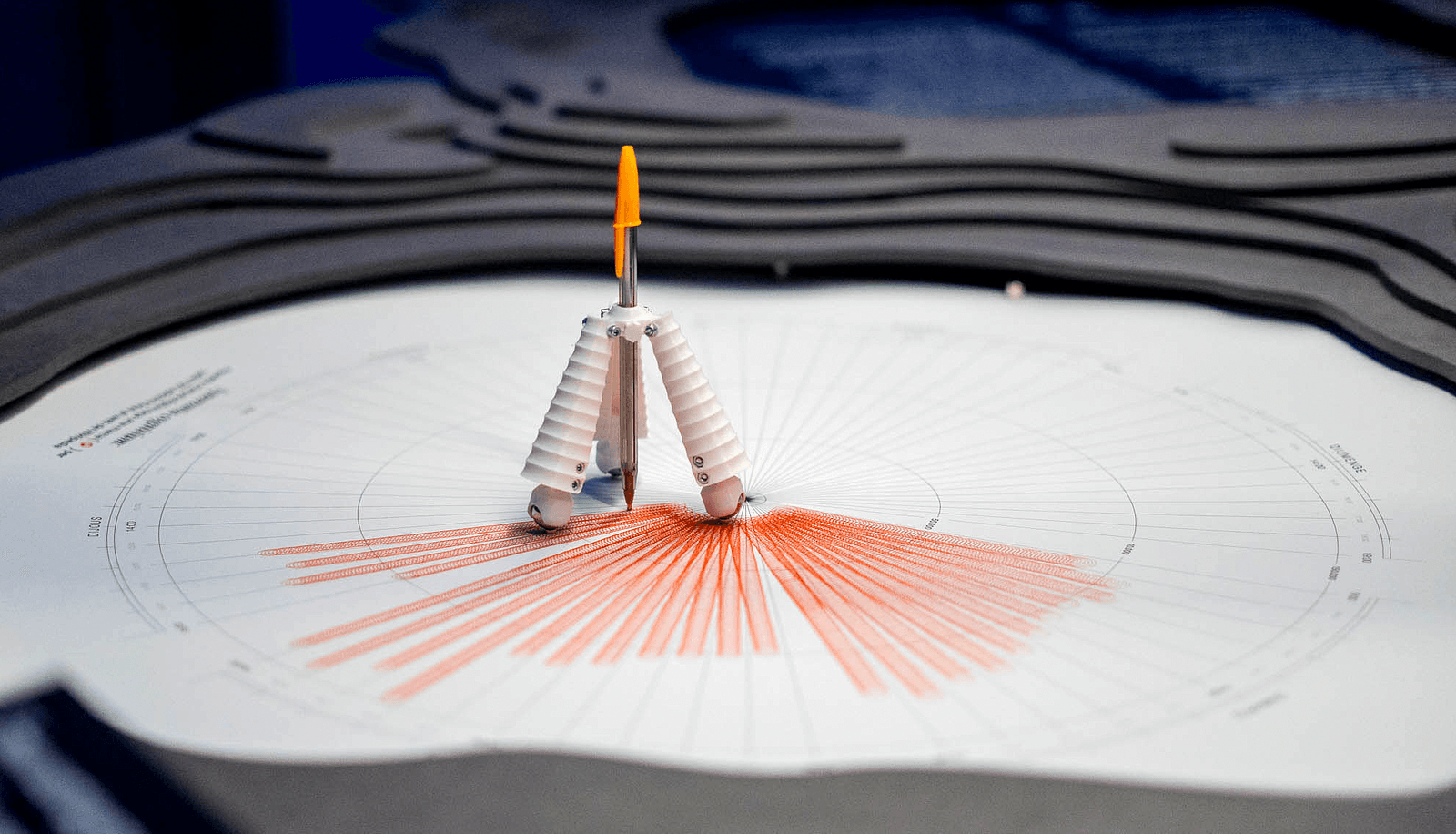Year
2023
Tag
Consortium Projects, AI Research
Synthetic Memories is an expanding global research project with a view to harnessing AI to recreate memories of which there are no records, and preserve the unique identity of those they belong to. Ultimately, the goal is to improve quality of life for as many people as possible, and better understand our interconnected story through personal memories.
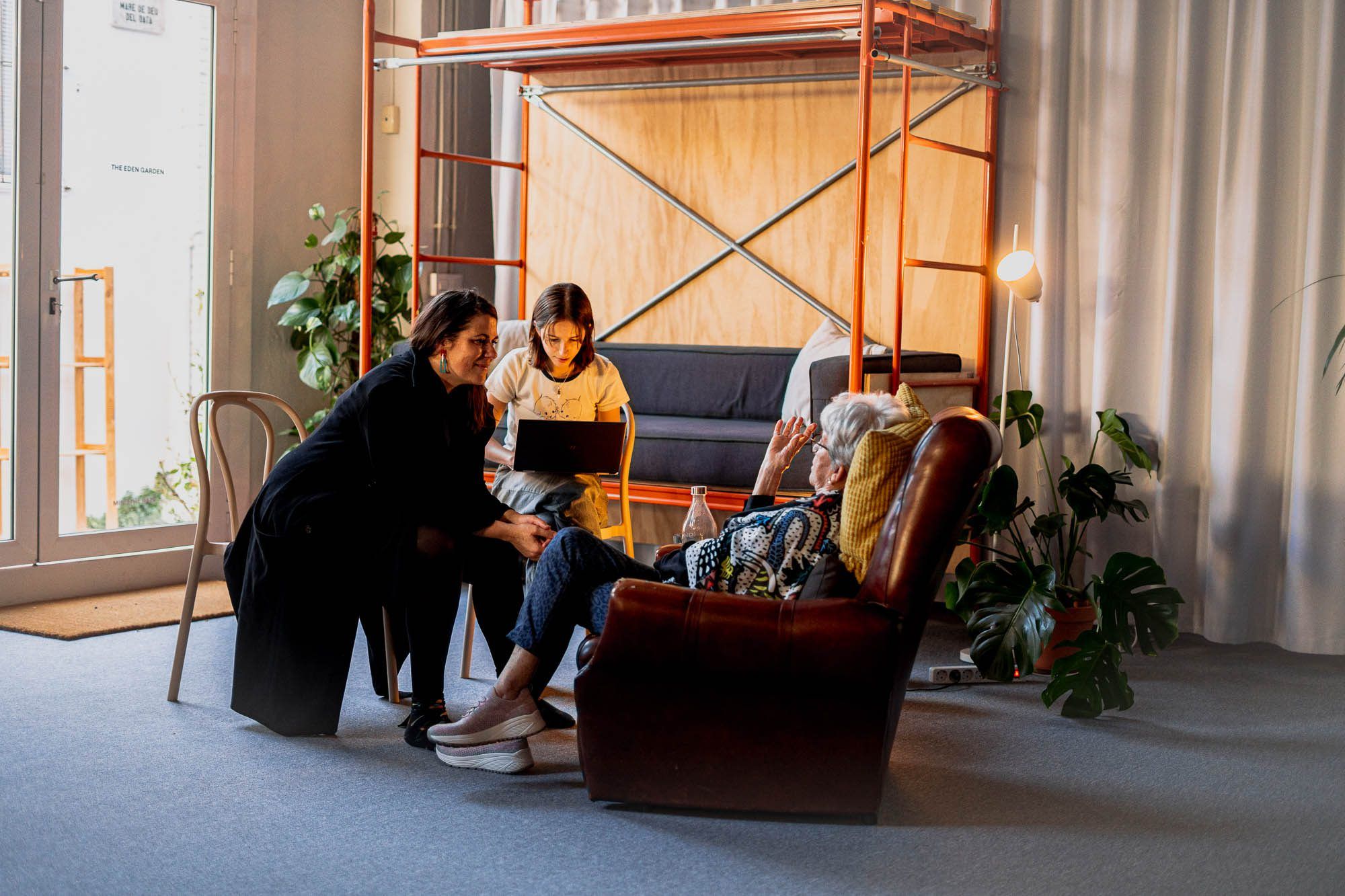
Artificial Intelligence, is increasingly dominating our public discourse, sparking controversy and igniting heated debates. Amidst the scrutiny, we began to research how to critically engage with AI, taking into account the ethical implications of such tools.
We have embarked on an exploration of how this technology, grounded in the shaky terrain of statistics and probability, could serve communities that have traditionally been marginalised. How could we use this technology, that has been predominantly used for automatisation and control, and optimise it for an augmentation of human connection?

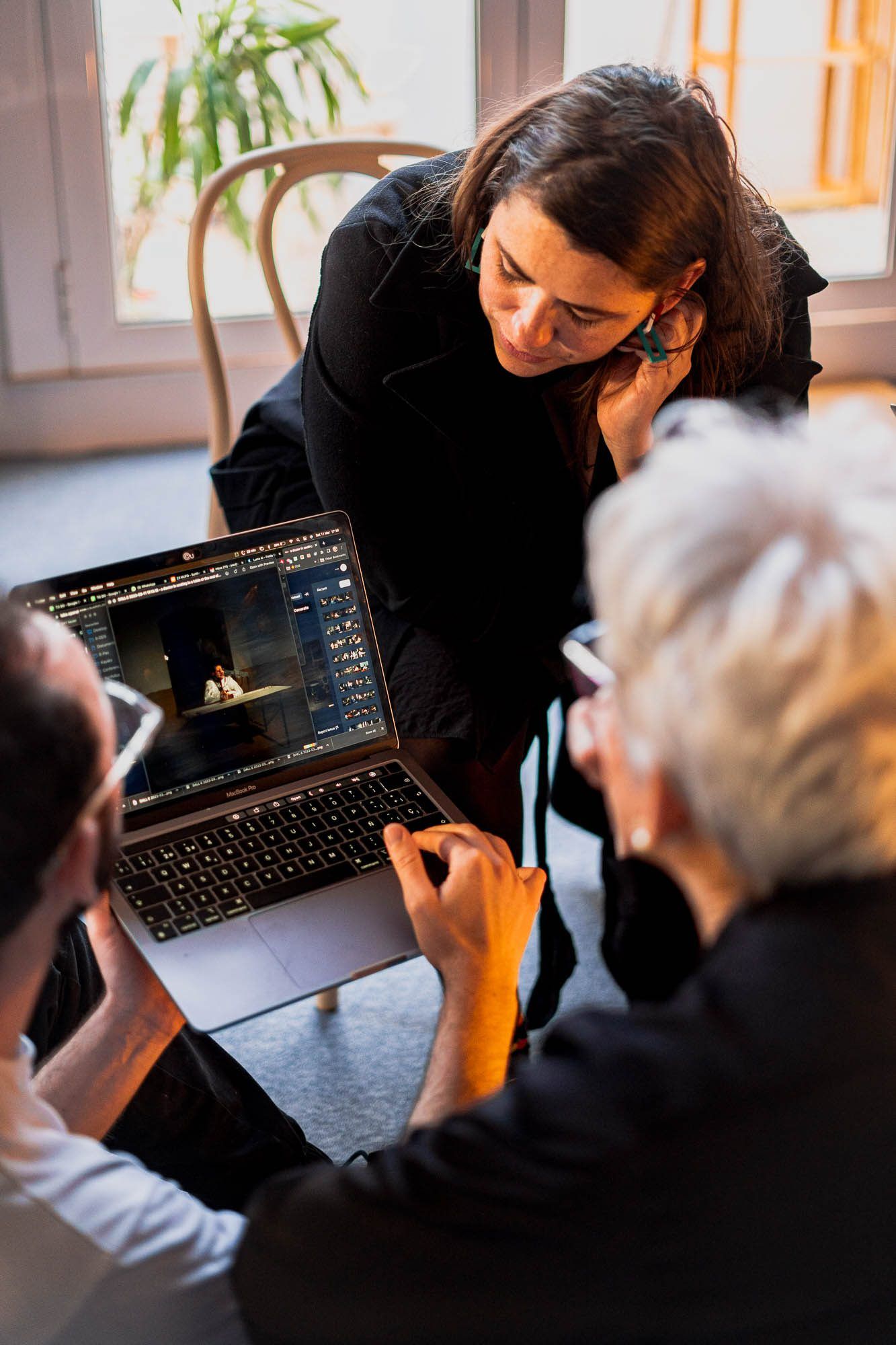
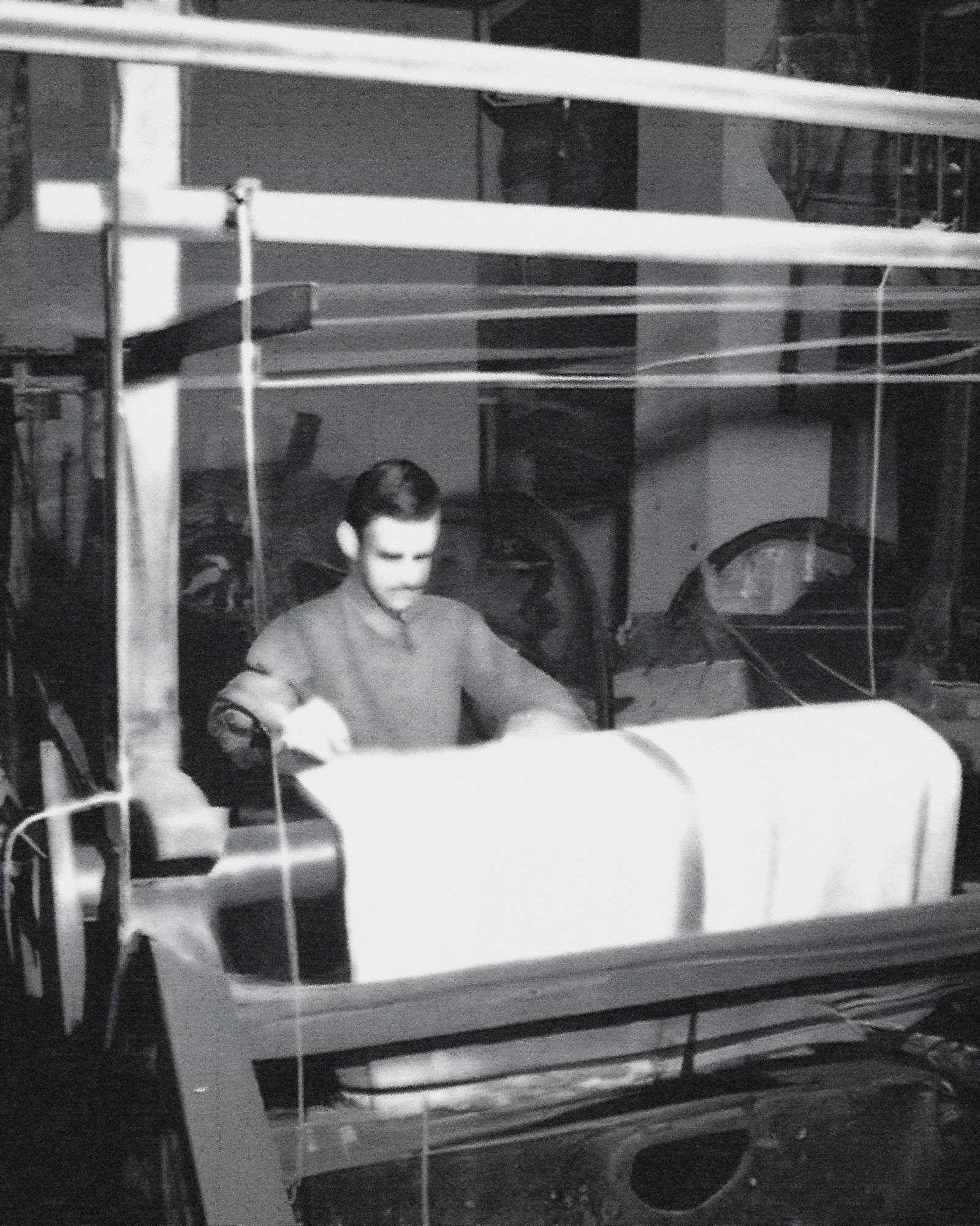

Harnessing AI to empower individuals by generating images that evoke their memories of the past.
Synthetic Memories began with early experiments in October 2022, and since growing to become one of the biggest projects in the studio.
These are unique records of the past, of personal stories, that are under threat of being lost forever due to ageing or limited personal freedoms. We are currently partnering with initiatives in 6 different countries to work with those whose memories do not have the privilege of accompanying visual records, such as refugees or incarcerated communities.
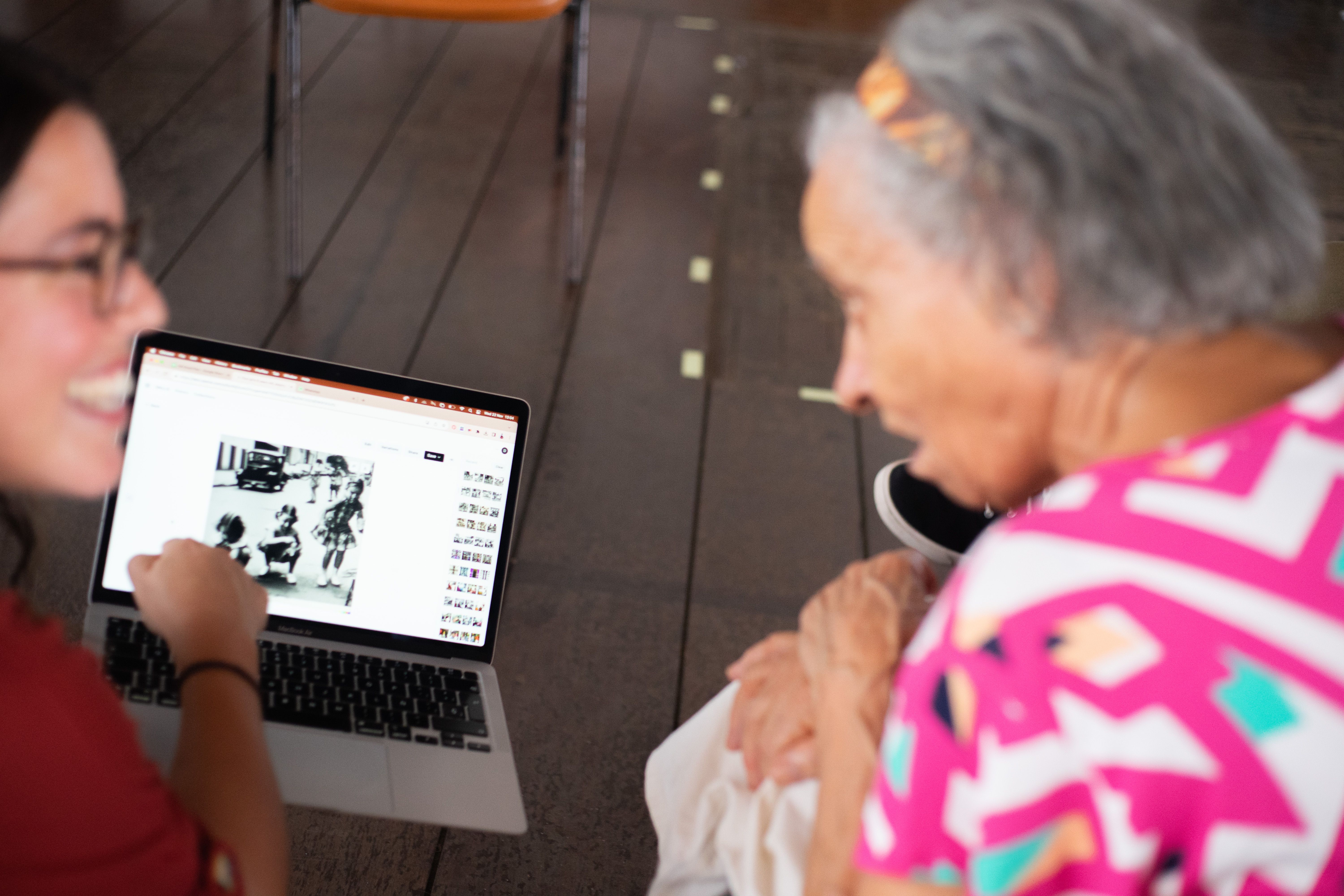
It is through memory that we locate ourselves as individuals, each with a unique story.
We first began testing these tools in residencies for the elderly, working specifically with those residents living with dementia and Alzheimer’s, to see if forming new connections with their early memories could help to preserve cognitive function.
We heard cherished stories of childhood adventures, family homes, and long train journeys through landscapes that no longer exist. We ran those through a generative AI, and then shared them with the patients to include their feedback and actively involve them in the representation of their memories.


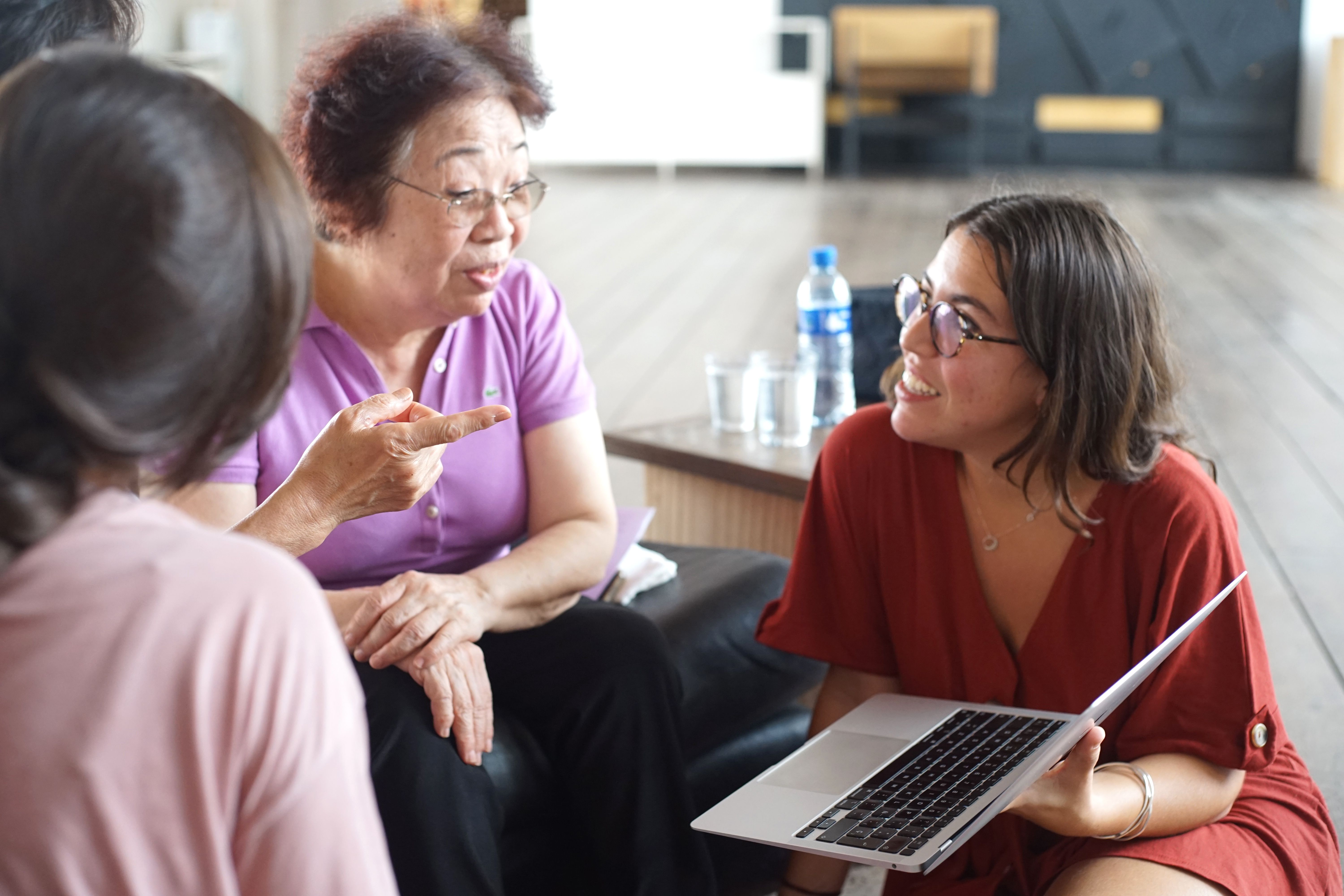

Working in tandem with social workers and neurotherapists in Spain, we’re studying how convincing image projections of the past can slow the progression of degenerative diseases.
It is important to understand that these "synthetic memories" are intended to stimulate memories, and not imitate a real photograph, and for this reason the obscuring of details like faces is essential to make this distinction clear.
Part of our research, done in collaboration with the University of Toronto, in exploring whether and how Synthetic Memories can help in processes in “reminiscence therapy” - a type of therapy based on the sensory recollection of past events as a way to strengthen the sense of self, the mood and cognitive functions of people dealing with memory loss.

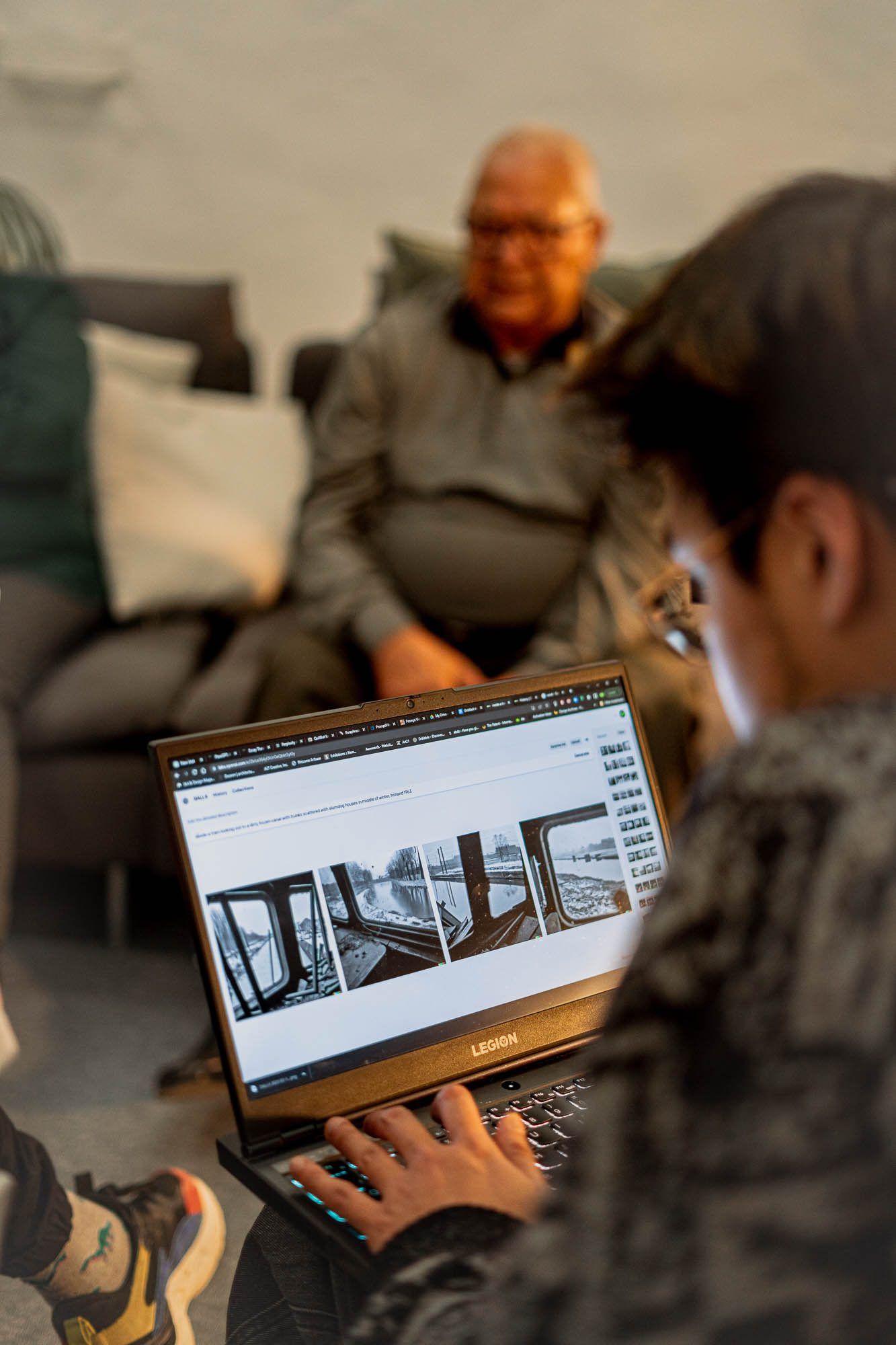



This project is about understanding memory as integral to identity. What are we if not the sum of a lifetime of memories?
We believe the preservation of memory is the preservation of identity, and so Synthetic Memories is not just about aiding those who are experiencing age-related memory loss, but also those who are having their identity threatened by social circumstances. Their memories are a way to recover a sense of unique self through their personal story, and to share it with family and loved ones.
From this project we are creating toolkits that can be shared to aid in social intervention, and improve the quality of life for those experiencing cognitive impairment.
With this in mind we’ve brought Synthetic Memories to refugee communities in Greece to assist in recovering personal memories and images lost in the migration process, and also to the prison system in Italy to train social workers in different assisted therapy techniques. We also spent time at Casa do Povo in São Paulo, bringing together local migrant communities to reconstruct their memories and share them through a pop-up exhibition.

Public Office
In May 2024, we will open a first-of-its-kind public memory office at the Barcelona Design Hub with the support of the City Hall and Mayor’s Office. This facility will serve as a beacon, inviting citizens to participate in the reclamation and reconstruction of their undocumented visual memories.
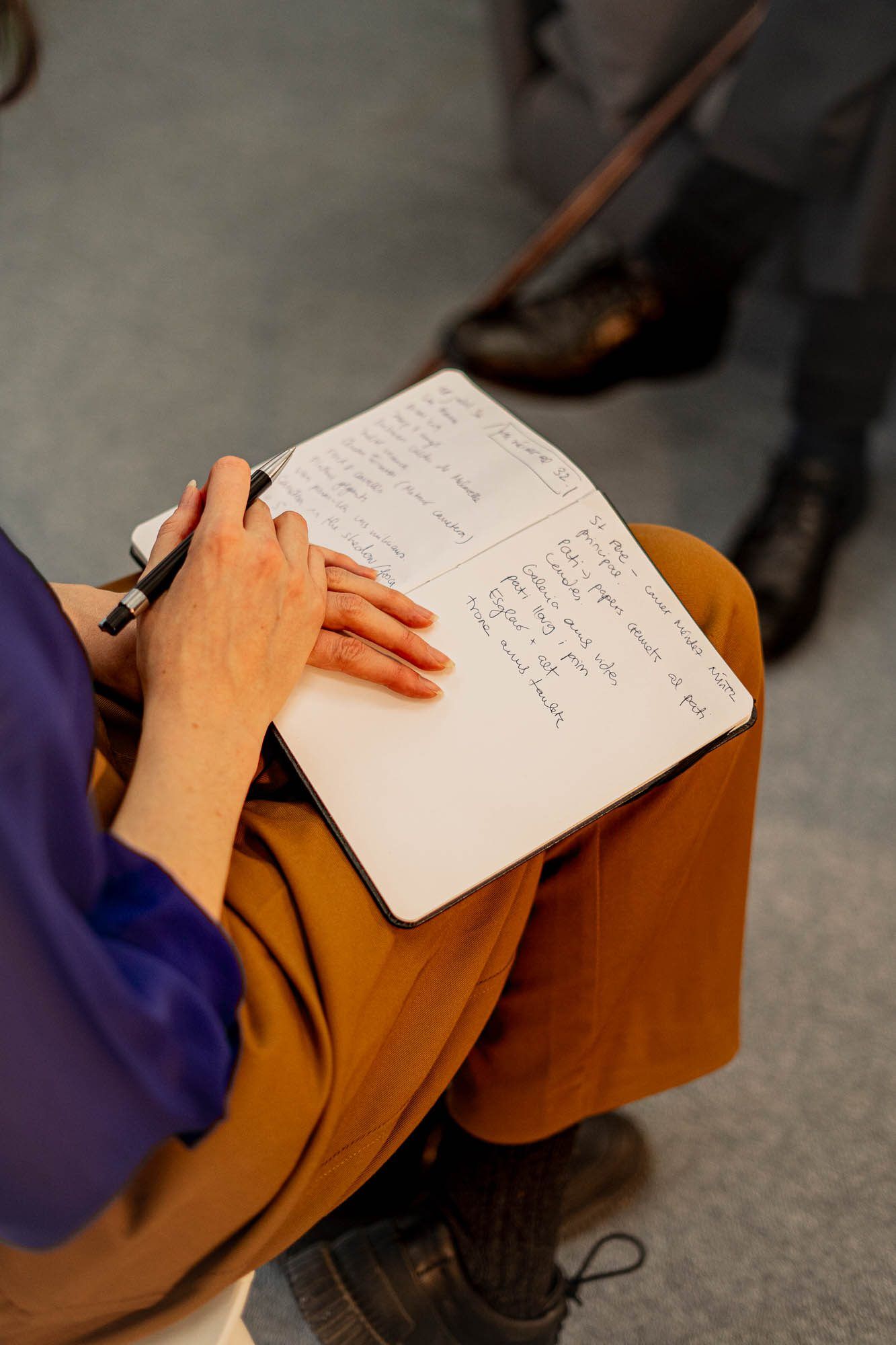
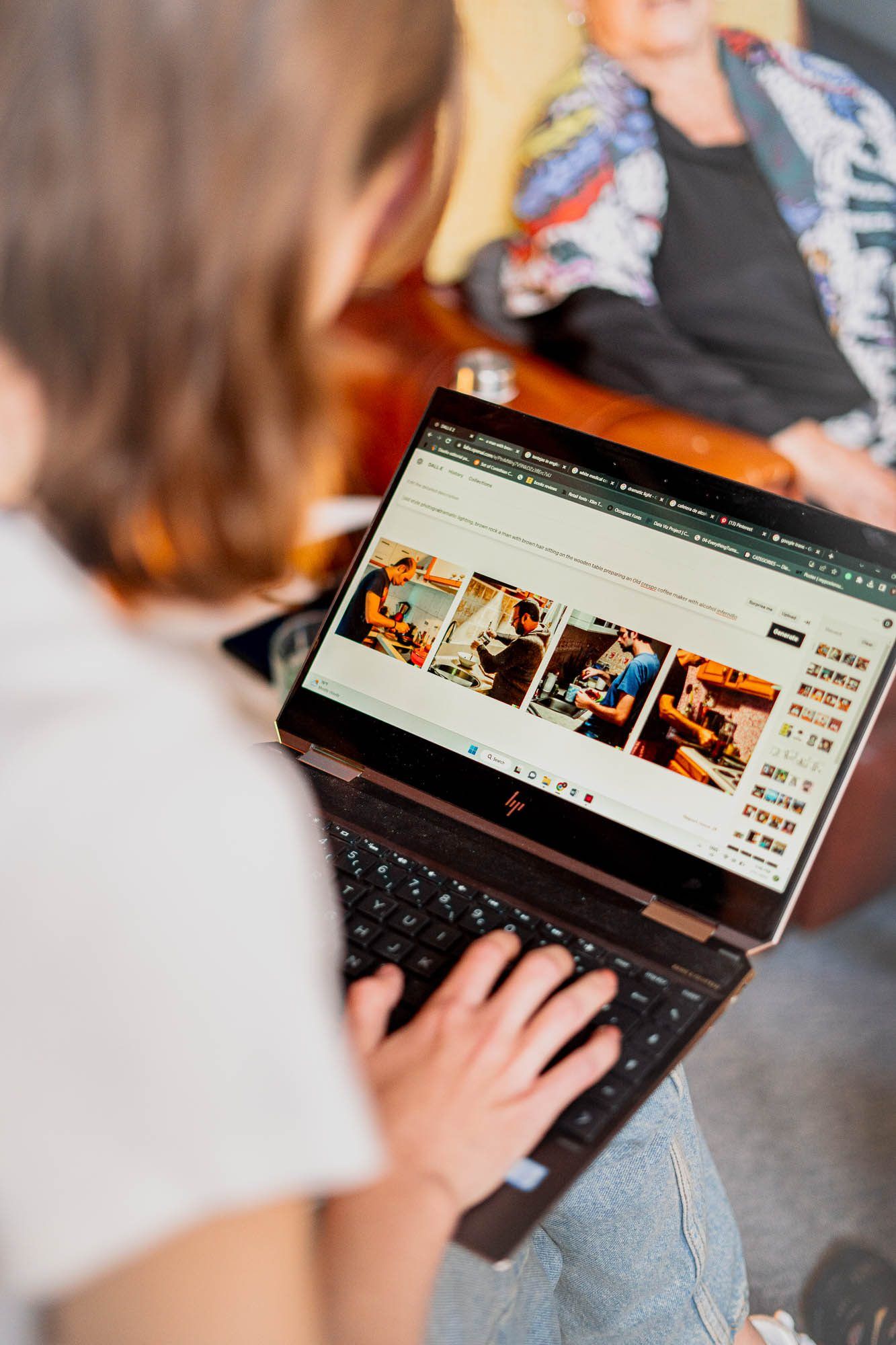
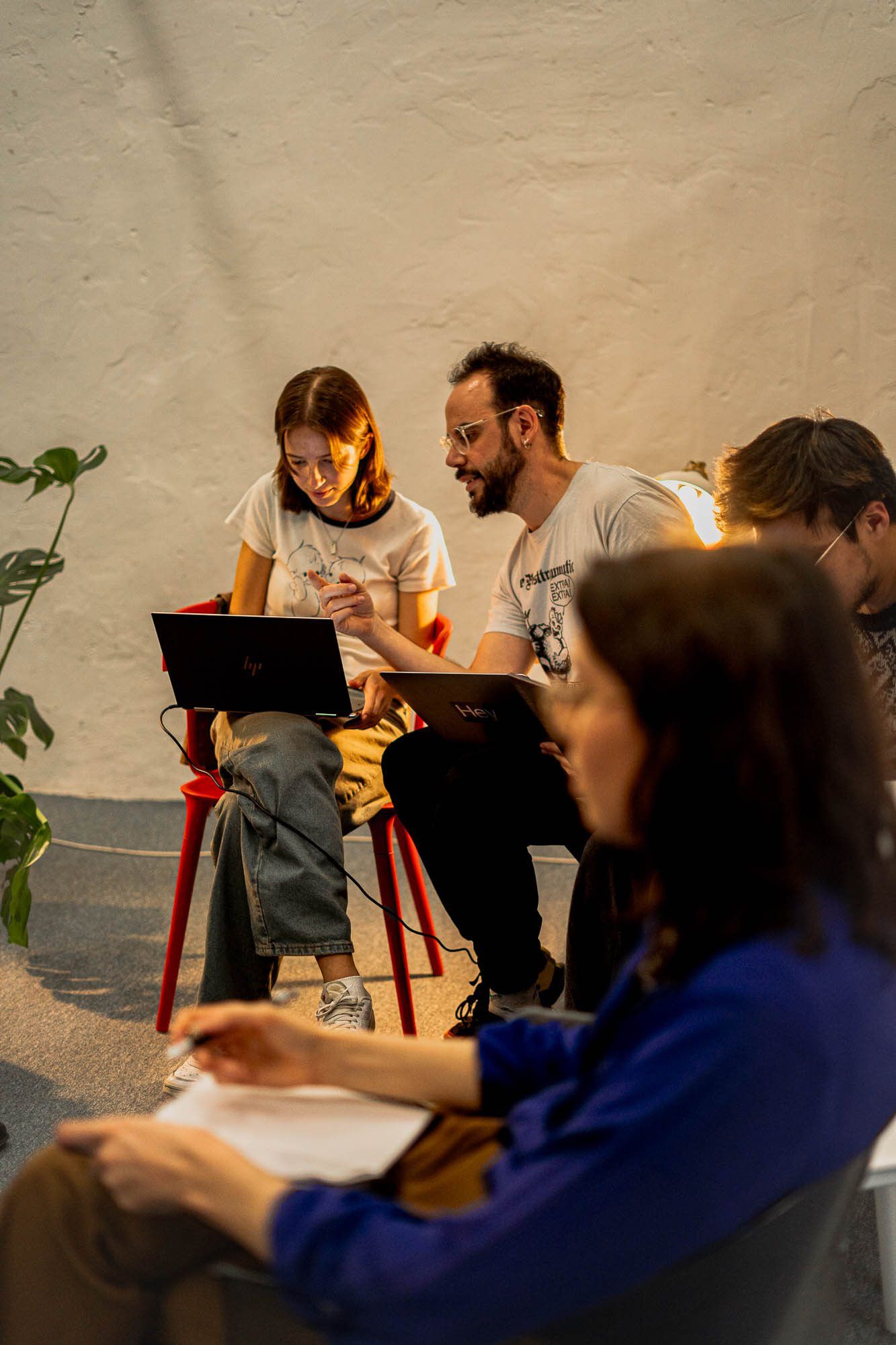
Edward's Story
In December 2024, in a project carried out with Google Arts & Culture (and the University of Toronto), we met with Edward, a 72-year-old man from London (UK) in the early stages of dementia, and reconstructed with him three core memories from his life. The entire process - our interaction with Edward, the creation and reception of the memories, and a reflection on their potential impact and application - was captured in a short documentary filmed on-site (shorter cut for social platforms below), with the support of Google Arts & Culture and the production company Funny Weather.
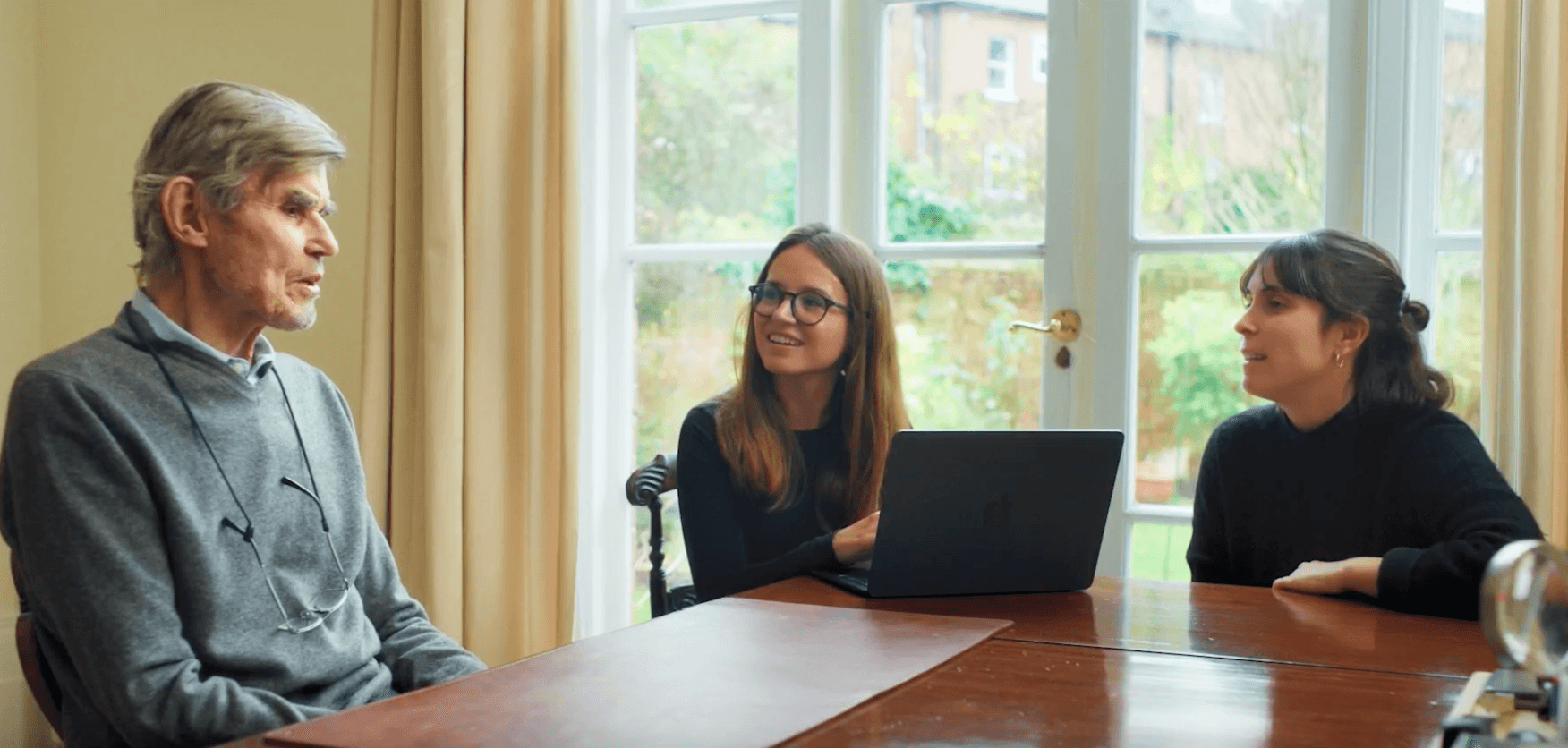
Ethical considerations
The Synthetic Memories project is acutely aware of its ethical responsibilities, with key considerations being data privacy, emotional safety, and the potential misuse of technology. We prioritise secure and responsible handling of personal data, complying with all relevant data protection regulations and routinely updating our security protocols. A review and approval process is in place for individuals to maintain control over the creation of their synthetic memories, mitigating potential emotional distress. To reinforce the distinction between real and synthetic memories, certain details in generated images are intentionally obscured. Additionally, we're actively involved in the development of guidelines and legislation to prevent misuse of such technology.
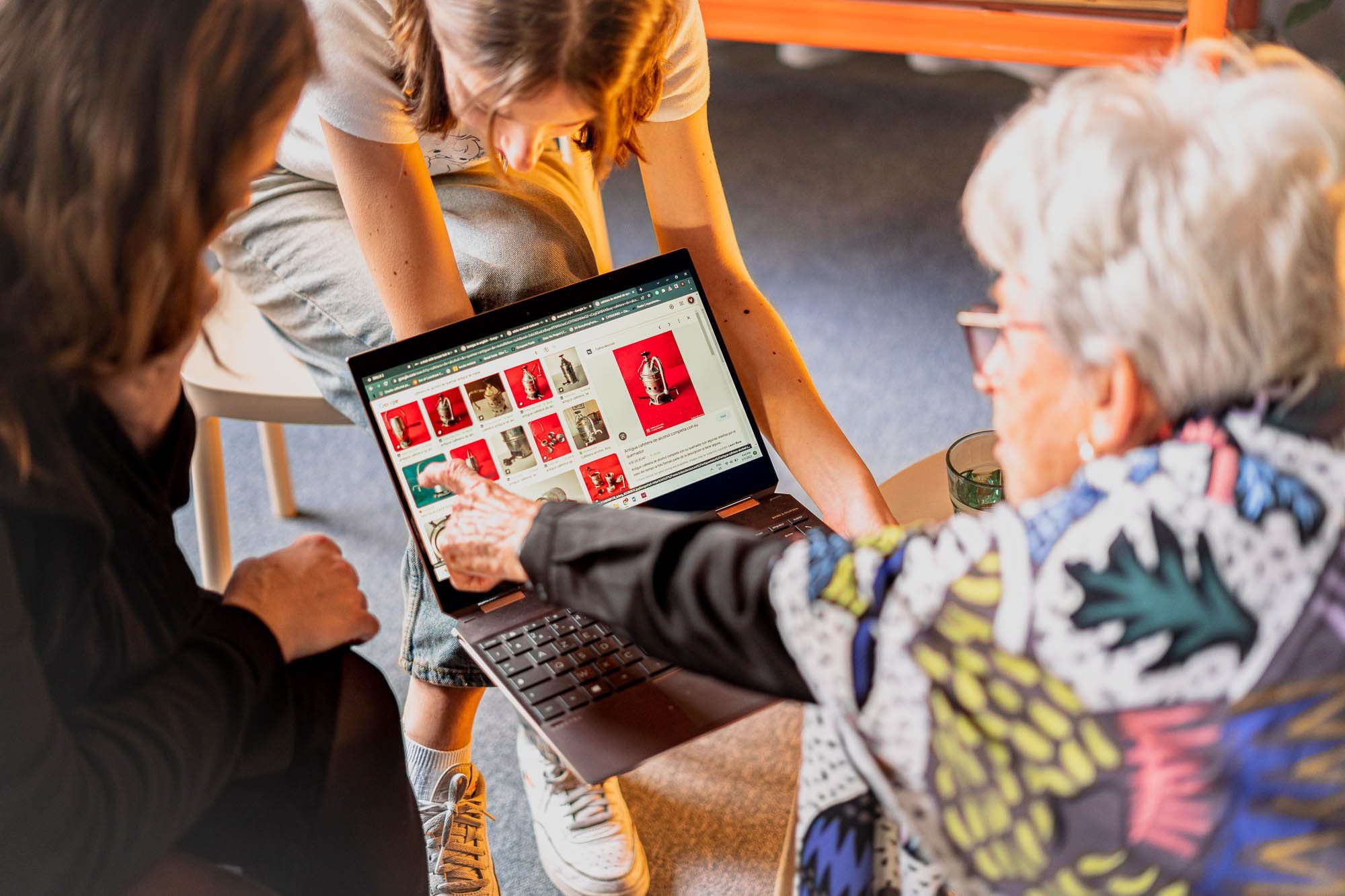
Recognising the cultural and ethical implications of working with various global communities, especially marginalised groups, we ensure our operations are culturally sensitive and beneficial. This involves forming partnerships with local organisations and community leaders. Our commitment to safety and ethical standards is unwavering as we continuously refine our practices. The ultimate goal of Synthetic Memories is to safely and respectfully harness the power of AI for the improvement of life quality and the fostering of a shared understanding of our interconnected societal narratives.
